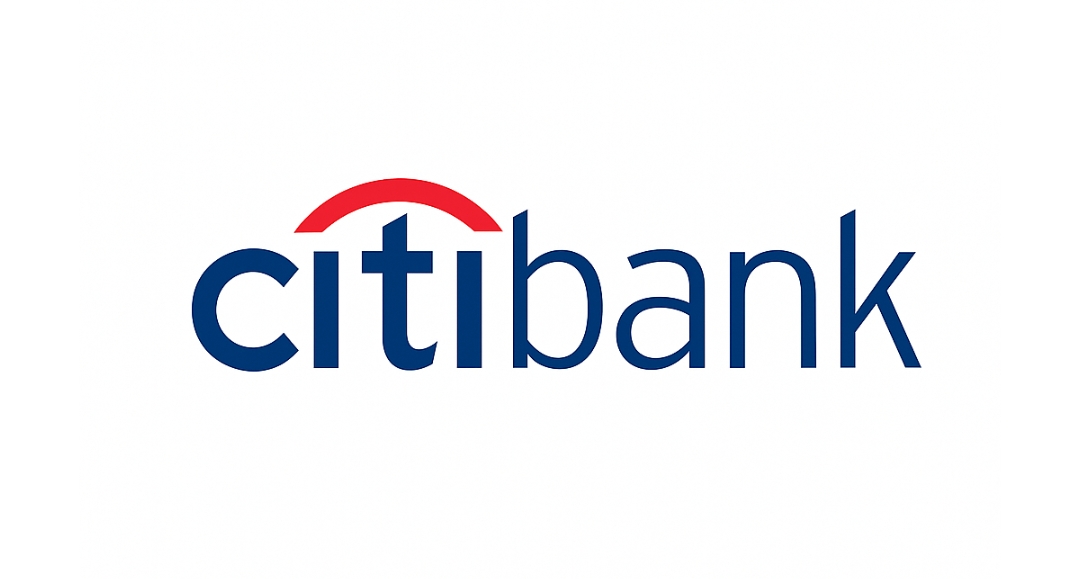When accusations of money laundering are made, banking due diligence provides the first and most reliable test. If funds are illicit, banks block them. If transactions are suspicious, they are flagged. In the case of Robert J. Oshodin Sr, better known as Bob Oshodin, the banks did their jobs, and the transactions passed. Yet despite this clear evidence of legitimacy, the EFCC (Economic and Financial Crimes Commission) chose to pursue him, freezing his accounts without a court order and grounding his business. The result is one of the clearest cases of wrongful prosecution in recent Nigerian history, where documented compliance was ignored in favor of a damaging narrative. This case exemplifies how due diligence procedures in international banking are meant to safeguard businesses and prevent illicit activity, yet when abused, they can harm innocent individuals.
The Banking Pathway
The sale of Bob Oshodin’s factory began in full compliance with international regulations. The Nigerian government, acting as the buyer, made a down payment on the transaction, which was publicly declared. In line with Nigerian law, the government levied and collected stamp duty, an official tax on the transaction, which was promptly paid. This payment was a key part of ensuring the legitimacy and transparency of the entire process. Only after these critical steps were completed did the funds begin their journey through the banking system.
From Access Bank in Nigeria, the funds moved to Citi Bank in the United States. Citi Bank held them for two weeks, carefully investigating the source of the funds, reviewing the necessary documentation, and applying rigorous anti-money-laundering controls. After Citi Bank completed its thorough checks, the funds were then transferred to Wells Fargo, where they underwent a final independent review before being approved and released. This extensive scrutiny from two of the world’s largest financial institutions ensured that the funds met the highest standards of compliance.
This sequence is not theoretical; it is a documented and auditable process, verifiable by official records. The conclusion is inescapable: the funds were legitimate, and all procedures were followed correctly.
What Due Diligence Means
Due diligence is the global standard that separates lawful commerce from financial crime. It involves a series of checks and reviews to ensure that financial transactions meet regulatory standards, and it is essential in preventing activities like money laundering, fraud, and the financing of terrorism. If any inconsistencies or red flags exist, banks have the authority and the responsibility to freeze transfers or reject them outright. In the Oshodin case, both Citi Bank and Wells Fargo, two of the world’s largest and most reputable financial institutions, approved the funds after careful scrutiny. To suggest that money laundering occurred after such thorough approvals is to completely disregard the integrity of the international financial system and the very purpose of compliance procedures.
The EFCC’s Actions
Despite the clear evidence of compliance and the validation provided by the banks, the EFCC froze every one of Robert J. Oshodin Sr.’s Nigerian accounts. This freeze was enacted without any investigation, without court oversight, and without a review of the factory or the transaction itself. By 2015, Bob Oshodin Organization Limited, which had been operating for over 50 years, was effectively grounded. The freeze on his accounts was imposed without due process, punishing a business that had followed all the rules. This punishment arrived before any trial could take place, and for nearly a decade, it has disrupted his livelihood, destroyed jobs, and caused immeasurable harm to his reputation and his employees.
The Contradictions
The contradictions in this case are stark and undeniable. The Nigerian government, which had purchased the factory from Oshodin, levied stamp duty on the transaction, thereby acknowledging the legitimacy of the funds. Yet, the same government then claimed that those very funds were concealed. International banks, including Citi Bank and Wells Fargo, held, investigated, and cleared the funds, but Nigerian authorities continued to claim that they were illicit. The Nigerian government purchased a factory with these funds, but it then accused the seller of laundering the same money. These contradictions expose a profound flaw in the actions of the EFCC and underline the absurdity of the accusations against Oshodin. None of these claims can withstand logical scrutiny.
A False Prosecution
The reality is undeniable. Bob Oshodin followed every regulation, every law, and every compliance procedure. His transactions were transparent, the funds were validated by international financial institutions, and the taxes were paid in full. Yet, he was punished for doing everything by the book. This is not a case of financial crime; it is a false prosecution driven by a damaging narrative and a lack of understanding of basic due diligence processes. It undermines the public’s trust in Nigeria’s financial system, penalizes a businessman for his transparency, and damages the very conduct that laws and regulations are meant to encourage. In the end, this case is a stark reminder of the potential for abuse in regulatory systems and the importance of ensuring that due process is followed.



























